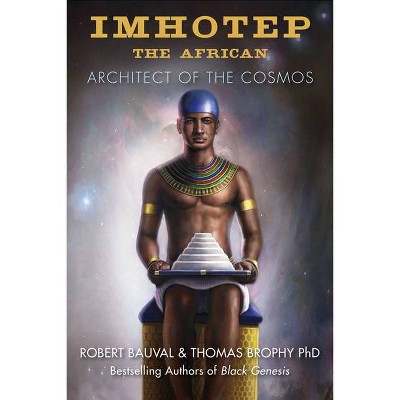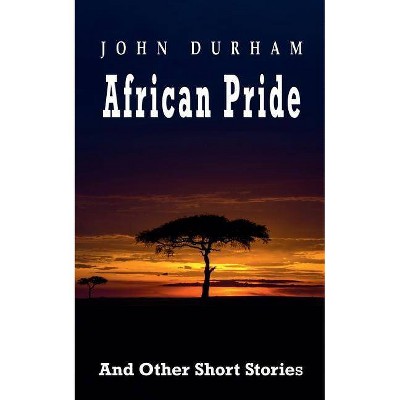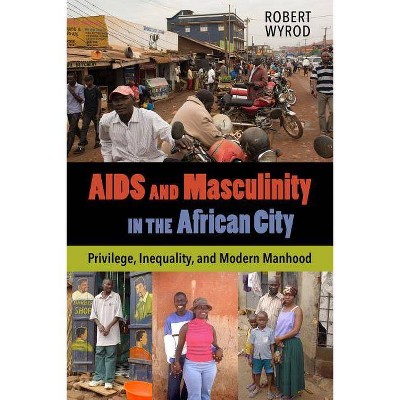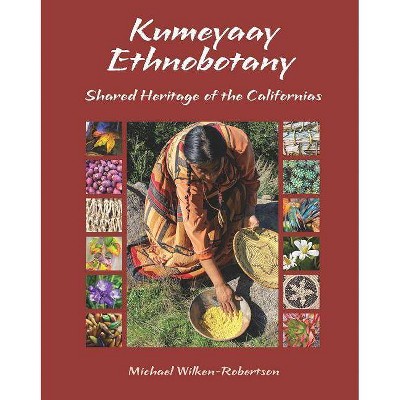African Ethnobotany in the Americas - by Robert Voeks & John Rashford (Paperback)
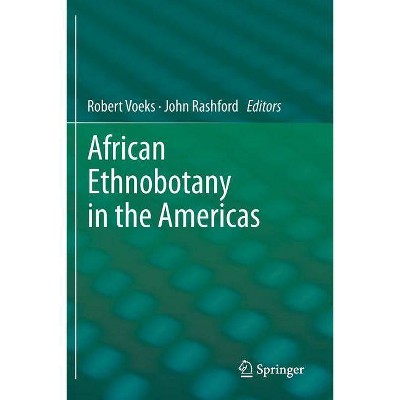
Similar Products
Products of same category from the store
AllProduct info
<p/><br></br><p><b> From the Back Cover </b></p></br></br><p><i>African Ethnobotany in the Americas</i> provides the first comprehensive examination of ethnobotanical knowledge and skills among the African Diaspora in the Americas. Leading scholars on the subject explore the complex relationship between plant use and meaning among the descendants of Africans in the New World. With the aid of archival and field research carried out in North America, South America, and the Caribbean, contributors explore the historical, environmental, and political-ecological factors that facilitated/hindered transatlantic ethnobotanical diffusion; the role of Africans as active agents of plant and plant knowledge transfer during the period of plantation slavery in the Americas; the significance of cultural resistance in refining and redefining plant-based traditions; the principal categories of plant use that resulted; the exchange of knowledge among Amerindian, European and other African peoples; and the changing significance of African-American ethnobotanical traditions in the 21st century.</p><p> </p><p>Bolstered by abundant visual content and contributions from renowned experts in the field, <i>African Ethnobotany in the Americas</i> is an invaluable resource for students, scientists, and researchers in the field of ethnobotany and African Diaspora studies.</p><p/><br></br><p><b> Review Quotes </b></p></br></br><br><p>From the reviews: </p><p>"This fascinating book, written by inquisitive authors, should be required reading for ethnoecological scholars. It documents the essential importance of African peoples and plants in the Americas through fruitful methodological syntheses of ethnobotanical and ethnoecological approaches, both diachronic and synchronic." (Egleé L. Zent, Ethnobiology Letters, Vol. 4, October, 2013)</p><p>"A rich and exciting volume that joins a burgeoning effort to widen the ethnobotanical gaze, embracing the dynamisms of diaspora, migration, and disturbance. ... volume will find great utility among scholars of ethnobotany, per se, but most any reader interested in the human-environment interface will find value in its clear prose and probing of historical discussions. The volume will make an effective course reader for undergraduates in geography, anthropology, and other disciplines, as it provides a compelling window into contemporary research methodologies and approaches." (Case Watkins, The AAG Review of Books, Vol. 1 (4), 2013)</p><br>
Price History
Price Archive shows prices from various stores, lets you see history and find the cheapest. There is no actual sale on the website. For all support, inquiry and suggestion messagescommunication@pricearchive.us


